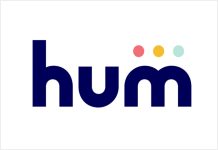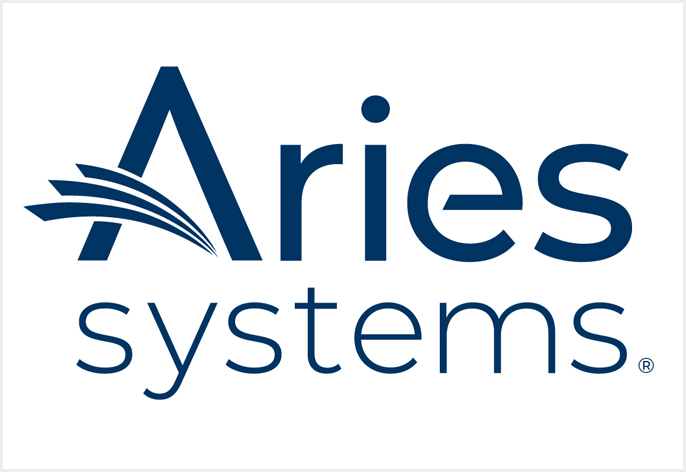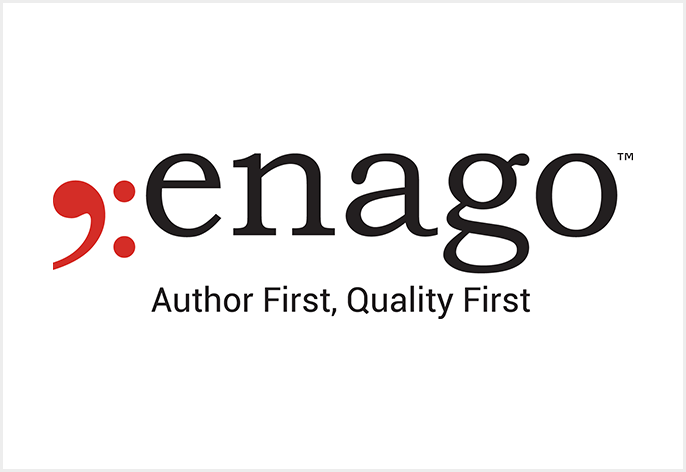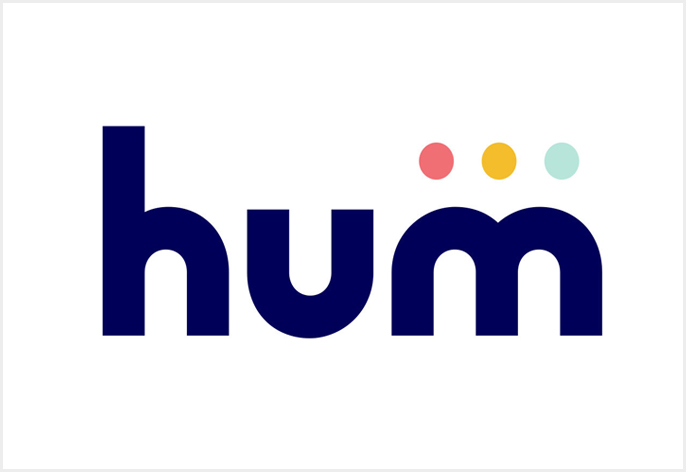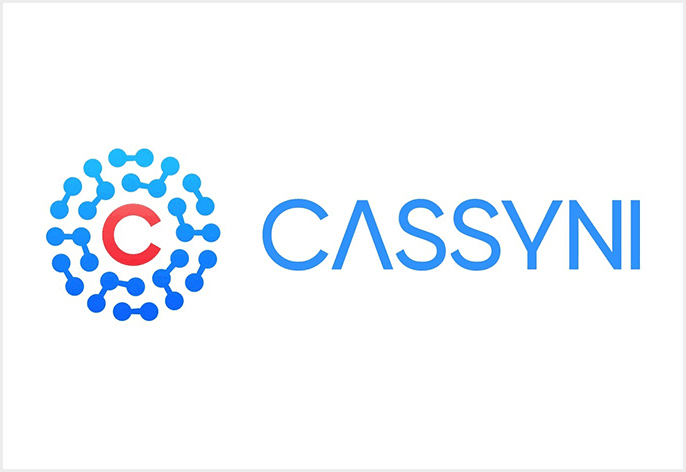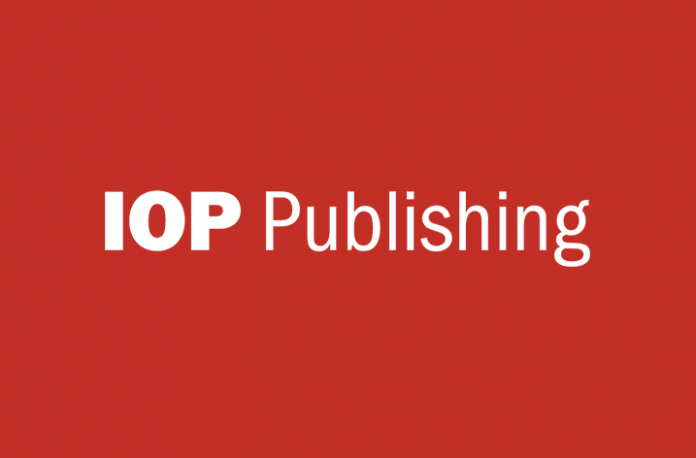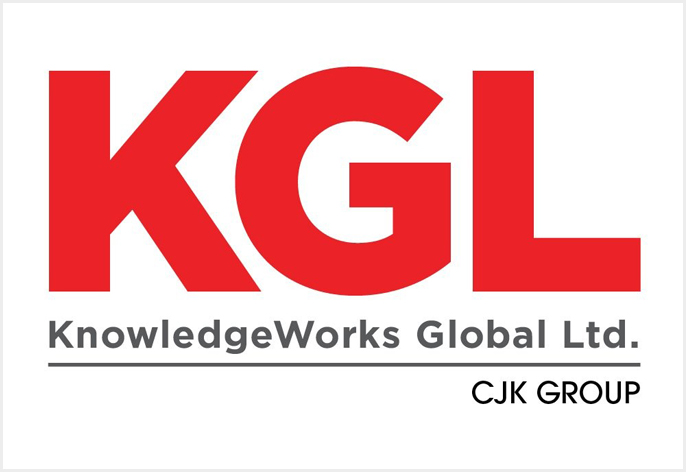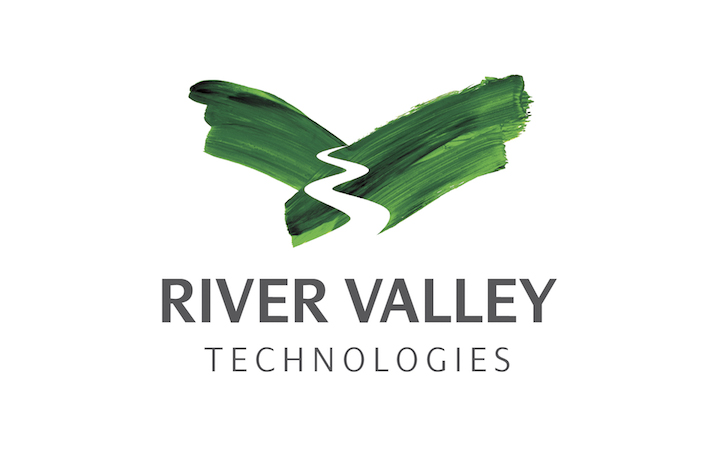ResearchGate, the professional network for researchers, and MA Healthcare, the established publishing company providing nursing and medical education content, offering more than 50 peer-reviewed journals, digital resources, conferences, and websites for health professionals at all levels of training and practice, have announced a new Journal Home partnership to expand the reach, readership, and authorship of MA Healthcare journals worldwide.
The Journal Home partnership includes 10 subscription and hybrid journals spanning nursing, dentistry, and community healthcare. MA Healthcare aims to increase readership of full-text articles and encourage international authorship through ResearchGate’s unique Journal Home offering. The journals included in this partnership will benefit from:
- Increased visibility through seamless delivery of all full-text articles from these journals onto the ResearchGate platform, with immediate amplification through ResearchGate’s network of 25+ million researcher members.
- Engaging highly relevant researchers throughout their research and publishing cycles – growing new authorship and increasing author engagement and loyalty.
- Improved brand awareness through dedicated journal profile pages to collate key information and content, plus prominent branding on associated article pages.
- Enhanced author support, with automated updates to authors profiles on ResearchGate to better track usage, connect with readers, and measure impact.
“Our Journal Home partnership with ResearchGate allows us to better support the needs of the healthcare community, improving visibility and access to our renowned nursing and medical education journals,” said Tom Pollard, Publishing Director of Digital Resources at Mark Allen Group. “Our Journal Home partnership provides our authors and readers new routes to engage and connect with our journals and grow our international community.”
“I’m delighted to see MA Healthcare partner with Journal Home to foster their engagement between authors and readers, and increase their authorship and readership internationally” said Sören Hofmayer, co-founder and Chief Strategy Officer at ResearchGate. “Journal Home provides a unique opportunity for MA Healthcare to add incremental usage beyond their own platform through our highly engaged researcher community, and to build deeper and lasting relationships with new and existing authors throughout their research cycles.”
For more information about Journal Home, please visit www.researchgate.net/journal-home
For more information about ResearchGate, please visit www.researchgate.net
For more information about MA Healthcare, please visit https://www.markallengroup.com/who-we-are/about-ma-healthcare/






